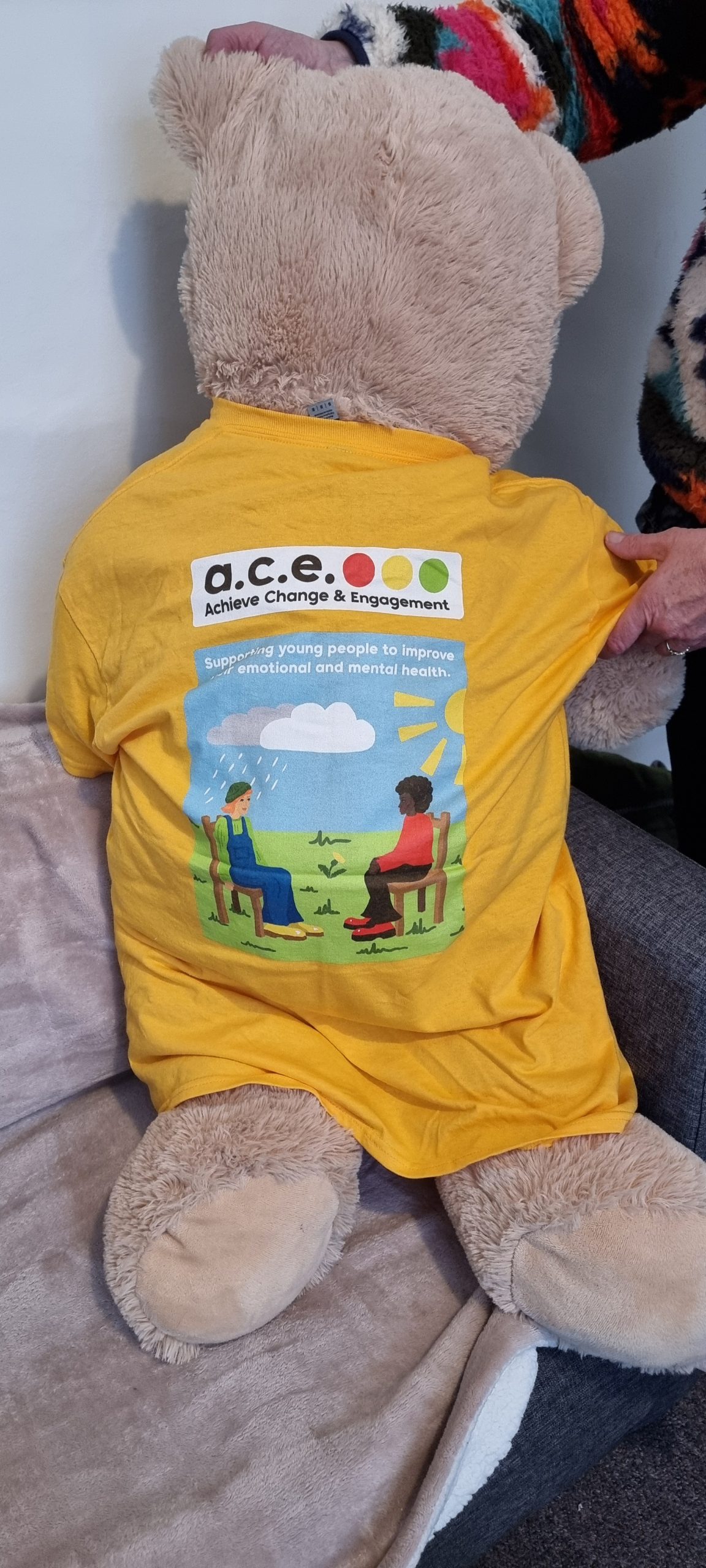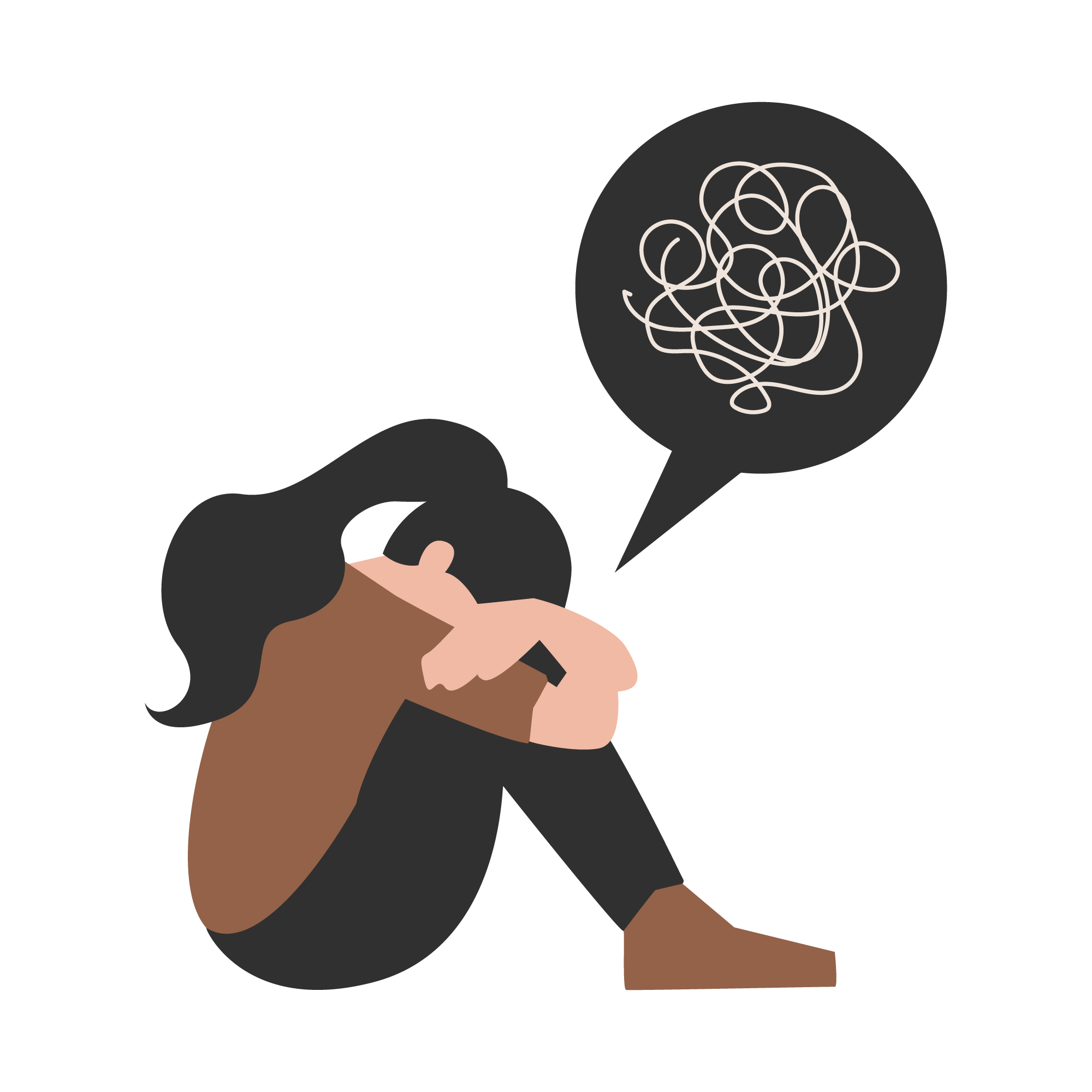Understanding the Impact of Adverse Childhood Experiences
Supporting Young Minds Through Trauma-Aware Care
Discover how ACE is dedicated to helping children and young people overcome the challenges posed by adverse childhood experiences, fostering resilience and mental well-being.
What are Adverse Childhood Experiences
Adverse childhood experiences (ACEs) are significant traumatic events or environments that occur before the age of 18, potentially leading to long-term mental health issues. These experiences can include exposure to violence, abuse, neglect, and household dysfunction, such as substance abuse or mental health problems. The cumulative effect of multiple ACEs can increase the risk of developing emotional and behavioral difficulties, impacting a child’s ability to thrive. Understanding and addressing ACEs is crucial for promoting healing and resilience in affected individuals.
Recognising Symptoms of ACEs
Emotional Distress
Children may experience persistent sadness, anxiety, or mood swings that affect their daily lives.
Behavioral Changes
Look for signs of anger, frustration, or self-harm behaviors, such as scratching or skin picking.
Social Withdrawal
Difficulty in forming or maintaining friendships and a tendency to isolate from peers.
Low Self-Esteem
Children may struggle with self-worth, body image issues, and confidence in their abilities.

1 in 6 adults experienced four or more types of ACEs.
ACEs are three times as likely to increase the risk of mental health issues.
Children with ACE’s are twice as likely to develop chronic health conditions.
Our Support Services
Emotional Health Practitioners
Our emotional health practitioners provide personalised support to young individuals experiencing mild anxiety, low mood, and emotional regulation challenges. They work closely with clients to develop coping strategies and enhance emotional well-being.
Trauma Workers
Specialised trauma workers assist young people aged 10 to 18 who have encountered traumatic events. They focus on alleviating symptoms such as flashbacks, anxiety, and self-harming behaviors, promoting recovery and resilience.
CBT Therapists
Our CBT therapists offer structured therapy for individuals aged 11 to 25 dealing with anxiety disorders, depression, and phobias. They employ cognitive-behavioral techniques to foster positive mental health outcomes.
Counseling Services
We provide counseling services through skilled students for young people over 18 and parents, addressing a range of emotional and psychological needs to support family dynamics and individual growth.
Understanding External Factors
Impact of Environmental Influences
External environmental factors play a significant role in shaping adverse childhood experiences. Discrimination and bullying can severely impact a child’s mental health, leading to feelings of isolation and low self-esteem. Additionally, growing up in unstable environments, such as those affected by parental separation or substance abuse, can undermine a child’s sense of security and stability. Recognising these influences is crucial in providing effective support and intervention.
Common Questions About ACEs
What are Adverse Childhood Experiences (ACEs)?
Adverse Childhood Experiences (ACEs) are potentially traumatic events that occur in childhood, such as abuse, neglect, or household dysfunction. These experiences can have long-lasting effects on mental health and well-being.
How can ACEs affect my child's mental health?
ACEs can lead to increased risk of mental health issues, such as anxiety, depression, and behavioural problems. Early intervention and support can help mitigate these effects and promote resilience.
What support does ACE offer for children and young people?
ACE provides tailored support including one-to-one counseling, trauma therapy, and Cognitive Behavioural Therapy to help children and young people improve their mental health and build resilience.
How can I refer my child to ACE services?
Referrals can be made by professionals, parents, carers, or the young people themselves. Contact us directly to discuss the best way to access our services.
What role do parents and carers play in the recovery process?
Parents and carers are crucial in supporting the recovery process. We work collaboratively with families to ensure a supportive environment that fosters healing and growth.
Referral Process
Step 1
Step 1: Identify the Need – Parents, professionals, or young people themselves recognize the need for support due to adverse childhood experiences.
Step 2
Step 2: Submit a Referral – Complete the referral form available on our website, providing detailed information about the individual’s circumstances and needs.
Step 3
Step 3: Initial Assessment – Our team reviews the referral and conducts an initial assessment to determine the most suitable support services.


